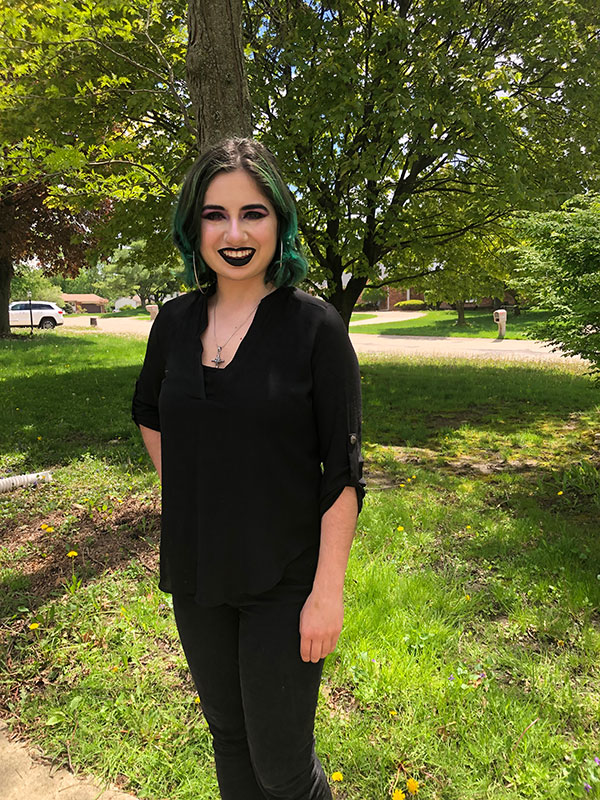Throughout my time at IU, I have been privileged to take some classes that have given me a broad knowledge of specific time periods, like Golden Age Spain or colonial Latin America, but I have also had the opportunity to take some more focused 600-level courses. One of these courses was on representations of plague in Latin American literature, taught by Dr. Cohn. I appreciated the timely nature of the course, given the current situation with the pandemic. In this course, I gained important critical thinking skills and learned a framework for understanding plague narratives, which I applied in an essay analyzing the throughlines of plague in García Márquez’s Cien años de soledad and the short story “Mr. Taylor” by Augusto Monterroso. Another more specific course that stands out in my memory was a course about the Afro-Latin experience in Latin America taught by Dr. Mejías López. In this course we analyzed literary production that represented or was written by Afro-Latin subjects, reading, for example, La autobiografía de un esclavo by Juan Francisco Manzano and Sab by Gertrudis Gómez de Avellaneda, a personal favorite of mine. These are two oft neglected but important works. It is admirable how the department responds to the concerns of our time and enables us to study them in a critical manner through such excellent courses.
Outside of coursework, I have also striven to be more involved in campus issues. I have been involved with the Indiana Graduate Workers Coalition-United Electrical Workers (IGWC-UE) since September 2021. Since then, I have become a union representative for the Spanish and Portuguese department, working to organize graduate workers and gain support for the union within the department. This has perhaps been one of my most rewarding roles during my time here at IU.
Looking to the future, I eventually would like to do Cold War studies in Central America, specifically focusing on Sandinista Nicaragua. I want to thank everyone in the department for being so supportive of my academic journey here.

 The College of Arts
The College of Arts